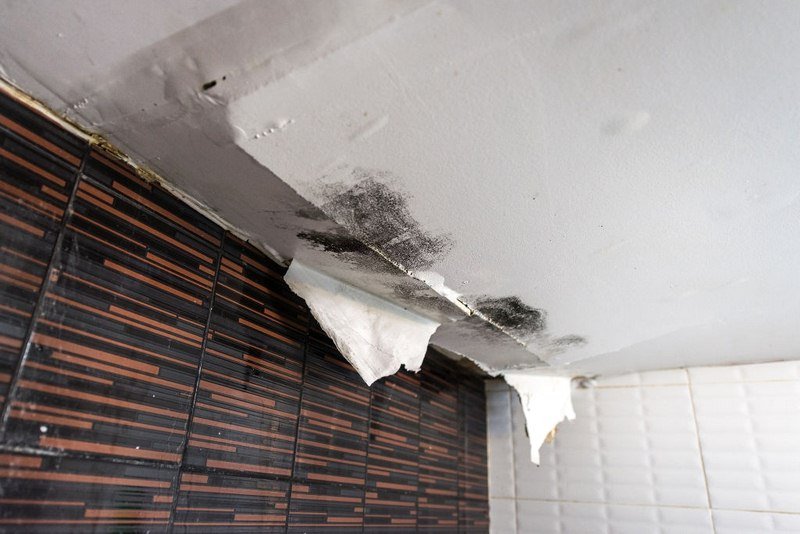The content which follows involving Most Common Causes of Leaky Pipes is exceedingly fascinating. Don't overlook it.

Leaks not only create waste of water yet can additionally create unneeded damage to your house as well as promote undesirable organic development. Water leaks might go undetected given that many of the pipework in our house is hidden. By understanding and looking for daily circumstances that cause leaks, you can shield your residence from future leaks and unneeded damages. Today, we will take a look at six leakage triggers that might be triggering your pipes to trickle.
Instant temperature level modifications.
Extreme temperature level modifications in our pipelines can create them to broaden as well as contract suddenly. This expansion as well as contraction might cause splits in the pipelines, especially if the temperature level are below freezing. If you kept an eye on exactly how your plumbing works, it would certainly be best. The presence of the formerly mentioned conditions regularly suggests a high threat.
Rusty water systems
This might be the cause of discoloration or bending on your water pipelines. If our plumbing system is old, take into consideration replacing the pipes because they are at a higher risk of corrosion than the newer designs.
Faulty Pipe Joints
The point at which your pipes link is often the weakest link in the waterline. Pipeline joints can wear away in time, leading to water leaks. The majority of pipe joints are not conveniently noticeable. If you have noisy pipes that make ticking or banging sounds, specifically when the hot water is activated, your pipeline joints are most likely under a lot of pressure. It is advisable to have your plumber inspect your system annually.
Intruding origins
The majority of water leakages start outside the residence rather than inside it. You might see wet spots or sinkholes in your yard, and also that might suggest that tree origins are attacking water lines causing water to permeate out.
Poor Water Connectors
At times, a leakage can be triggered by loose hoses as well as pipes that provide your appliances. Typically, changing is what triggers the loosened water Connections. You may find when it comes to a washing maker, a hose might spring a leak as a result of shaking during the spin cycle. In case of a water links leak, you may see water running directly from the supply line or pools around your appliances.
Clogged Drains
Obstructed drains may be frustrating and also inconveniencing, yet they can often wind up triggering an overflow causing break pipelines. Keep eliminating any materials that may drop your drains pipes that could block them to stay clear of such inconveniences.
All the above are root causes of leaks but not all water leakages arise from plumbing leakages; some leaks may originate from roof covering leakages. All leakages ought to be repaired quickly to avoid water damages.
Leakages not just cause waste of water but can likewise trigger unneeded damages to your home and promote unwanted organic growth. By recognizing and also looking for daily circumstances that cause leaks, you can secure your house from future leakages and also unneeded damage. Today, we will look at six leak triggers that may be triggering your pipes to leak.
At times, a leak can be triggered by loose hose pipes and pipes that supply your appliances. In case of a water connections leakage, you might see water running straight from the supply line or pools around your devices.
How To Check For Water Leak In Your Home
How To Check for Leaks
The average household's leaks can account for nearly 10,000 gallons of water wasted every year and ten percent of homes have leaks that waste 90 gallons or more per day. Common types of leaks found in the home are worn toilet flappers, dripping faucets, and other leaking valves. These types of leaks are often easy to fix, requiring only a few tools and hardware that can pay for themselves in water savings. Fixing easily corrected household water leaks can save homeowners about 10 percent on their water bills.
To check for leaks in your home, you first need to determine whether you're wasting water and then identify the source of the leak. Here are some tips for finding leaks:
Take a look at your water usage during a colder month, such as January or February. If a family of four exceeds 12,000 gallons per month, there are serious leaks.
Check your water meter before and after a two-hour period when no water is being used. If the meter changes at all, you probably have a leak.
Identify toilet leaks by placing a drop of food coloring in the toilet tank. If any color shows up in the bowl after 10 minutes, you have a leak. (Be sure to flush immediately after the experiment to avoid staining the tank.)
Examine faucet gaskets and pipe fittings for any water on the outside of the pipe to check for surface leaks.
Undetected water leaks can happen without the home or business owner even realizing. If you suspect a water leak, but not able to find the source. It is time to contact a professional water leak detection service, The Leak Doctor.
How To Find a Water Leak In Your Home
https://www.leakdoctor.com/blog/How-To-Check-For-Water-Leak-In-Your-Home_AE197.html

I ran across that content about How to Find Water Leaks while doing a lookup on the web. Do you know about anybody else who is truly interested in the topic? Feel free to promote it. Thank you for taking the time to read it.
Request our service.